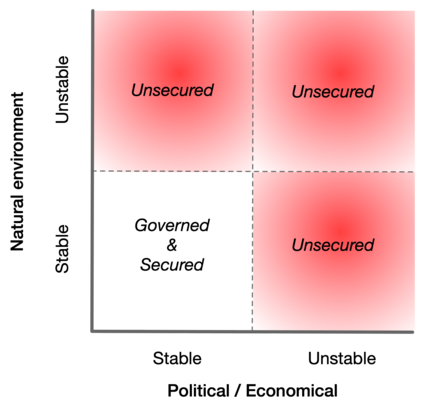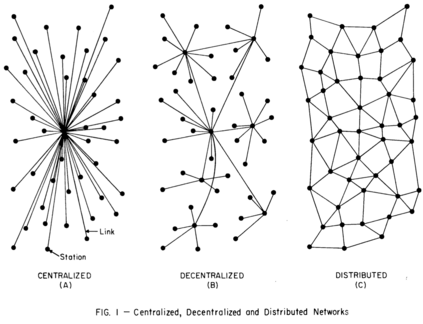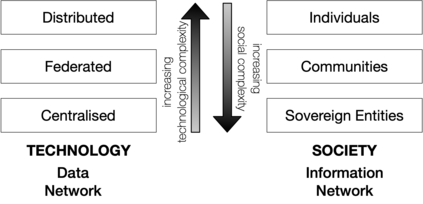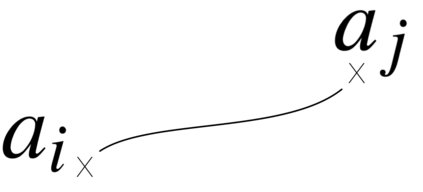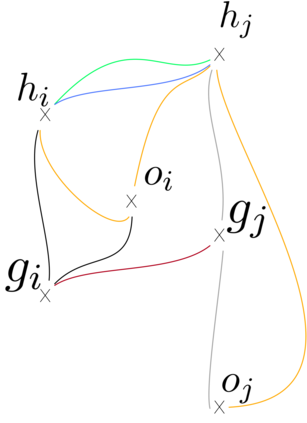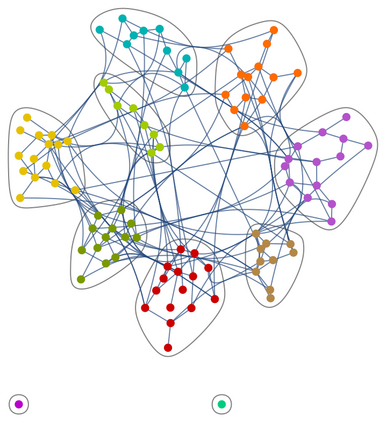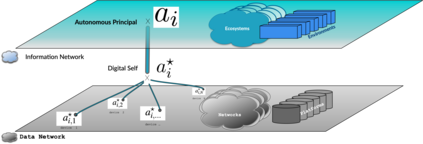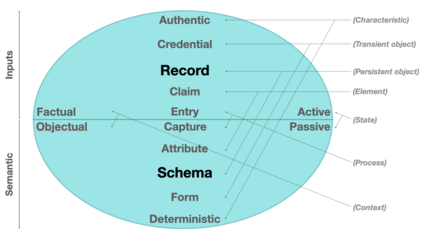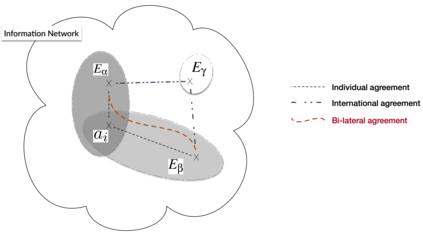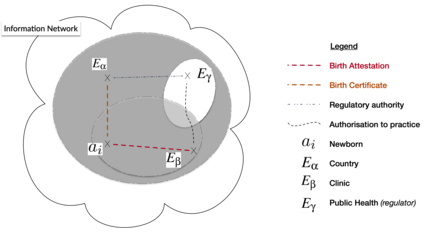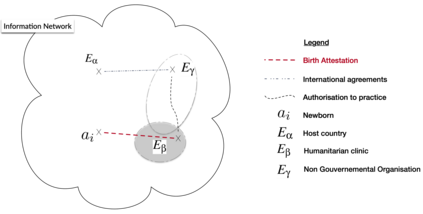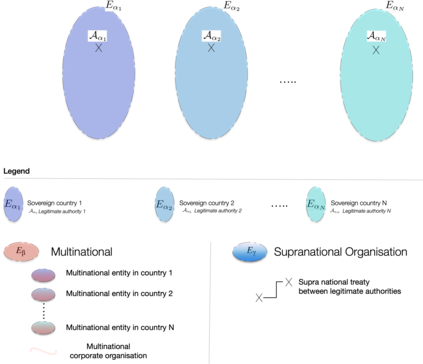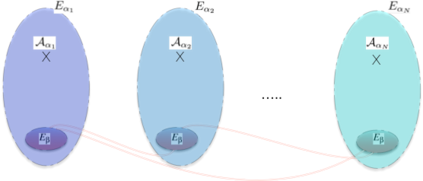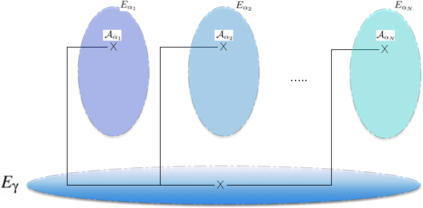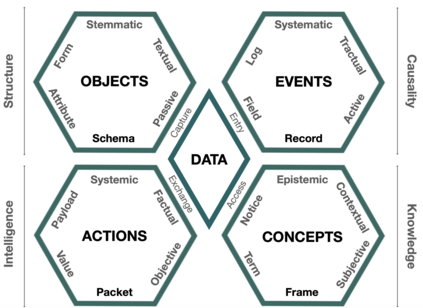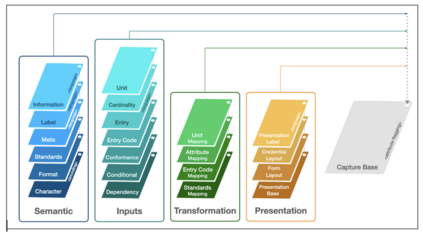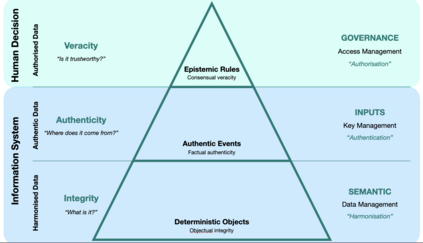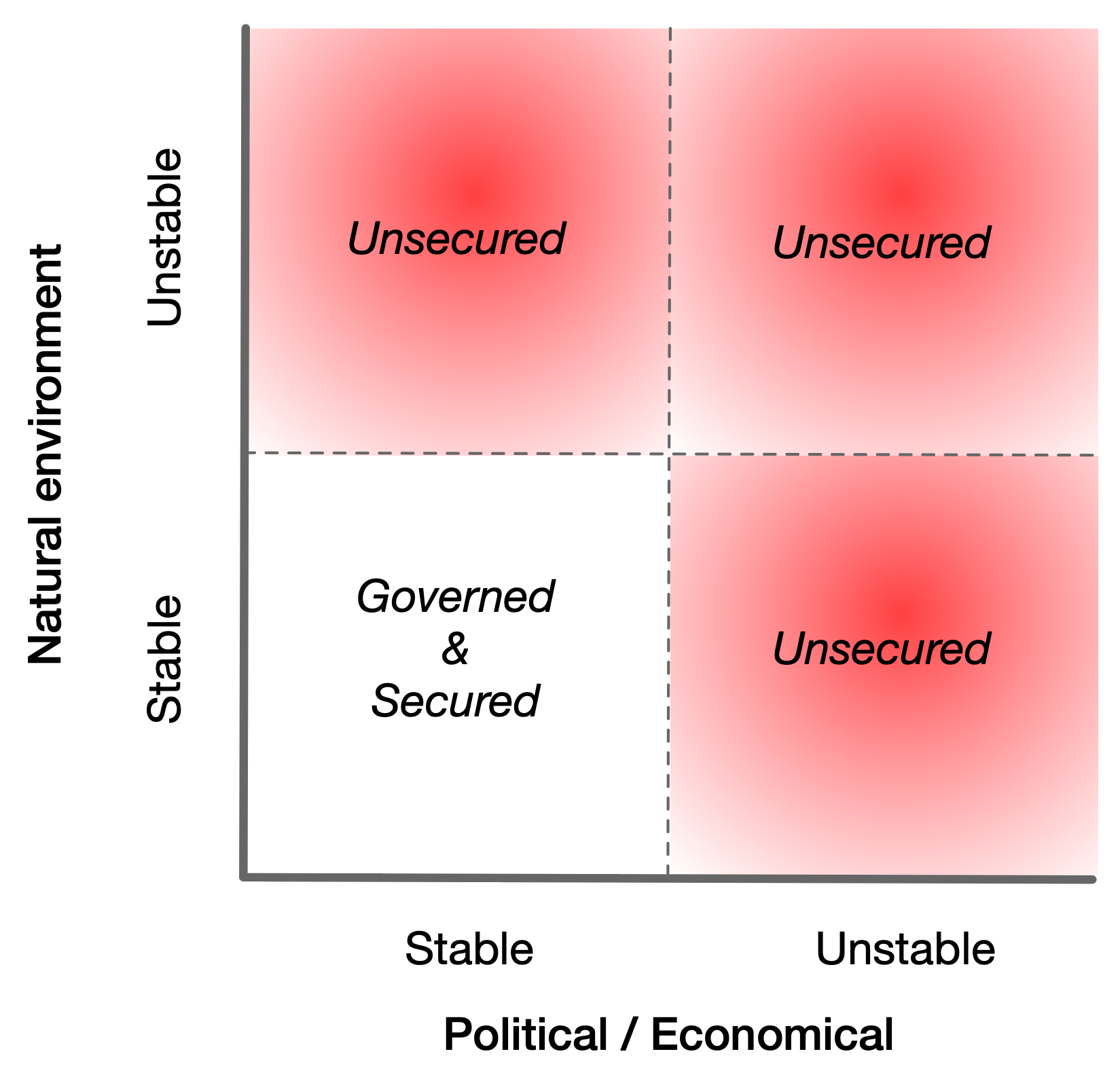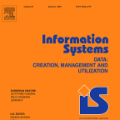To address the need for regulating digital technologies without hampering innovation or pre-digital transformation regulatory frameworks, we provide a model to evolve Data governance toward Information governance and precise the relation between these two terms. This model bridges digital and non-digital information exchange. By considering the question of governed data usage through the angle of the Principal-Agent problem, we build a distributed governance model based on Autonomous Principals defined as entities capable of choice, therefore capable of exercising a transactional sovereignty. Extending the legal concept of the privacy sphere to a functional equivalent in the digital space leads to the construction of a digital self to which rights and accountability can be attached. Ecosystems, defined as communities of autonomous principals bound by a legitimate authority, provide the basis of interacting structures of increasing complexity endowed with a self-replicating property that mirrors physical world governance systems. The model proposes a governance concept for multi-stakeholder information systems operating across jurisdictions. Using recent software engineering advances in decentralised authentication and semantics, we provide a framework, Dynamic Data Economy to deploy a distributed governance model embedding checks and balance between human and technological governance. Domain specific governance models are left for further publications. Similarly, the technical questions related to the connection between a digital-self and its physical world controller (e.g biometric binding) will be treated in upcoming publications.
翻译:暂无翻译

